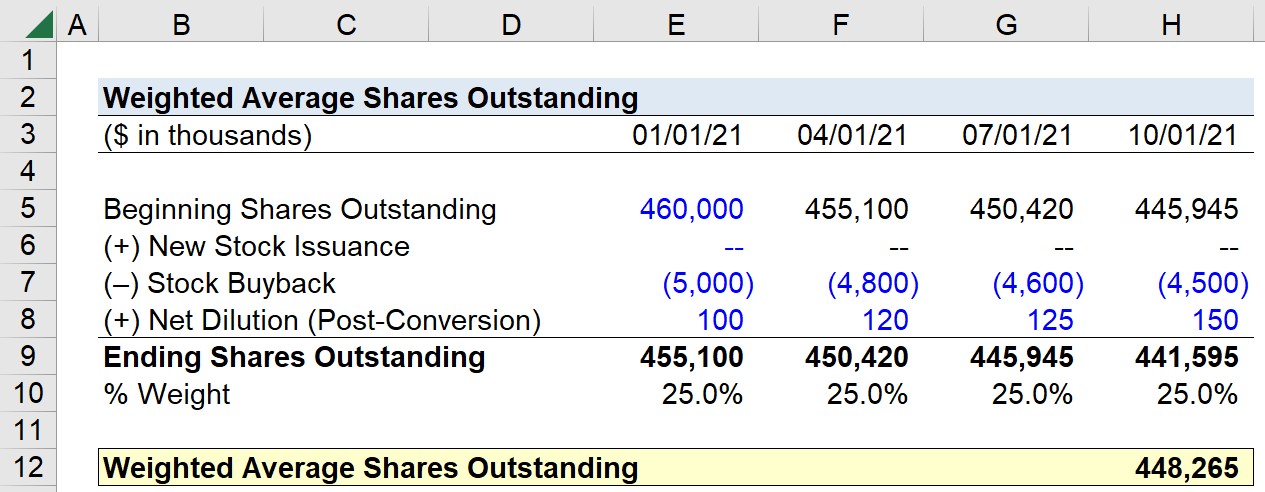

Finance
Tax Arbitrage Definition
Published: February 6, 2024
Discover the tax arbitrage definition and its impact on finance. Explore how strategic planning and financial maneuvering can optimize tax benefits and reduce liabilities.
(Many of the links in this article redirect to a specific reviewed product. Your purchase of these products through affiliate links helps to generate commission for LiveWell, at no extra cost. Learn more)
Tax Arbitrage Definition: Maximizing Financial Gains Legally
Welcome to our Finance category! In this blog post, we will take a deep dive into the fascinating world of tax arbitrage. Have you ever wondered how wealthy individuals and corporations legally minimize their tax liabilities and maximize their financial gains? Tax arbitrage is a strategic financial practice that allows entities to take advantage of differing tax rates and regulations in various jurisdictions. In simpler terms, tax arbitrage involves exploiting tax loopholes and differences to legally reduce tax burdens and increase profits. So, let’s explore this concept further and discover how it works!
Key Takeaways:
- Tax arbitrage involves strategically utilizing differences in tax regulations and rates across jurisdictions.
- It allows individuals and corporations to legally minimize tax liabilities and maximize financial gains.
Understanding Tax Arbitrage
At its core, tax arbitrage is all about taking advantage of discrepancies in tax regulations, rates, and incentives offered by different countries or regions. By understanding and effectively utilizing these variations, entities can legally optimize their tax planning strategies. Here’s how tax arbitrage works:
- Identifying Opportunities: The first step in tax arbitrage is identifying jurisdictions with favorable tax conditions such as lower or no corporate taxes, tax incentives, or relaxed regulations.
- Structuring Operations: Once the jurisdictions with advantageous tax conditions are identified, entities can structure their operations to take advantage of these conditions. This may involve establishing subsidiaries, relocating headquarters, or reorganizing supply chains, all with the aim of minimizing tax liabilities.
- Transferring Profits: Tax arbitrage also involves transferring profits generated in high-tax jurisdictions to low-tax jurisdictions. This can be achieved through techniques such as intercompany pricing, where goods and services are sold between related entities at specific prices to optimize tax liabilities.
- Complying with Regulations: It’s important to note that tax arbitrage must be conducted within the boundaries of legal and regulatory frameworks. Adhering to local tax laws and international tax treaties is essential to avoid any legal consequences.
Tax arbitrage is a complex practice that requires extensive knowledge of tax laws, accounting practices, and international regulations. It is commonly employed by multinational corporations, high-net-worth individuals, and investment funds to legally minimize their tax burdens and enhance their financial returns.
Final Thoughts
While tax arbitrage is a legitimate financial strategy, it is crucial to remember that it operates within the confines of tax laws and regulations. Entities engaged in tax arbitrage must ensure that their practices are ethical, transparent, and compliant. Doing so will not only help them optimize their financial gains but also maintain their reputation and credibility in the long run.
We hope this blog post has provided you with a clear understanding of tax arbitrage definition and how it can be utilized to maximize financial gains legally. Feel free to explore other articles in our Finance category to enhance your knowledge about various aspects of the financial world!














